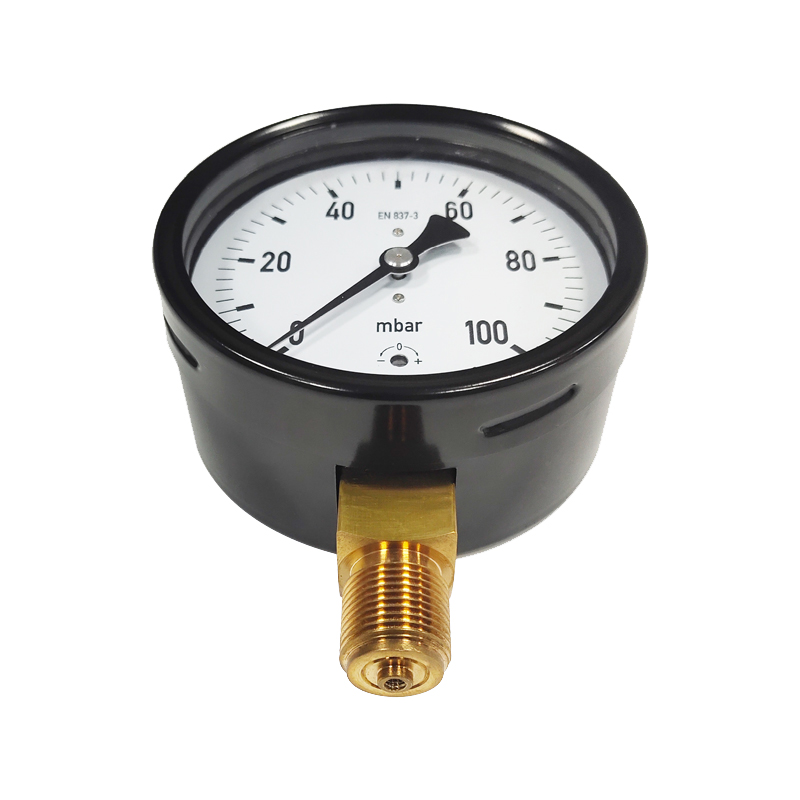
Nov . 13, 2024 07:57 Back to list
remote diaphragm seal pressure gauge jah
Understanding Remote Diaphragm Seal Pressure Gauges
In many industrial applications, especially those involving harsh environments or corrosive materials, accurate pressure measurement is crucial. One effective solution that has gained popularity in recent years is the remote diaphragm seal pressure gauge. This innovative device plays a vital role in ensuring safety, efficiency, and precision in various sectors, including oil and gas, chemical processing, and food manufacturing.
What is a Remote Diaphragm Seal Pressure Gauge?
A remote diaphragm seal pressure gauge is a device designed to measure the pressure of a fluid without allowing the fluid to directly contact the measuring instrument. This is achieved through the use of a diaphragm seal, which is a flexible membrane that separates the measured fluid from the gauge itself. The diaphragm transmits the pressure exerted by the fluid to a liquid-filled chamber connected to the gauge through a tube. As pressure is applied to the diaphragm, the movement generates a readable output on the gauge.
Advantages of Using Remote Diaphragm Seal Pressure Gauges
One of the primary advantages of using remote diaphragm seals is their ability to protect the pressure sensing element from corrosive substances and high temperatures. In applications where the media is viscous, crystallizing, or has particulates, a typical pressure gauge might become clogged or damaged over time. The diaphragm acts as a barrier, thereby extending the lifespan of the gauge.
Another significant benefit is the remote installation capability, which allows for measurement in difficult-to-access locations. The flexibility of placing the gauge far from the actual measurement point can facilitate easier maintenance and calibration, minimizing downtime in critical processes.
remote diaphragm seal pressure gauge jah

Moreover, these gauges can be filled with an appropriate filling liquid that helps dampen the effects of pressure fluctuations, resulting in a more stable reading. This feature is particularly useful in environments where pressure pulsations may lead to erratic gauge performance.
Applications in Industry
Remote diaphragm seal pressure gauges find applications across numerous industries. In the chemical industry, they monitor the pressure of aggressive chemicals, ensuring that systems remain within safe operating conditions. In food processing, these gauges are vital for ensuring that processes comply with sanitary standards while accurately monitoring pressure.
In oil and gas exploration, remote diaphragm seals are employed to measure downhole pressures, where traditional gauges cannot withstand extreme conditions. The robust design of diaphragm seals allows for reliable performance even in the most challenging environments.
Conclusion
In conclusion, remote diaphragm seal pressure gauges are indispensable tools in today's industrial landscape. By providing accurate pressure measurements while protecting sensitive components from harsh conditions, these gauges ensure efficiency and safety in various processes. As industries continue to evolve, the demand for robust and reliable pressure measurement solutions will only increase, making remote diaphragm seal pressure gauges a cornerstone of modern instrumentation. Understanding how they operate and their numerous benefits can help organizations make informed decisions about their pressure measurement needs.
-
High-Precision 5 Valve Manifold Differential Pressure Gauge Suppliers
NewsApr.29,2025
-
High-Precision Diaphragm Vacuum Pressure Gauges Manufacturers & Quotes
NewsApr.29,2025
-
Omega Differential Pressure Gauges High Accuracy & Durability
NewsApr.28,2025
-
Low Pressure Differential Pressure Gauges Precision Solutions & Quotes
NewsApr.28,2025
-
Digital Diaphragm Pressure Gaauge Precision Measurement & OEM Quotes
NewsApr.28,2025
-
Differential Pressure Gauge China Price High-Accuracy & Best Quotes
NewsApr.28,2025
